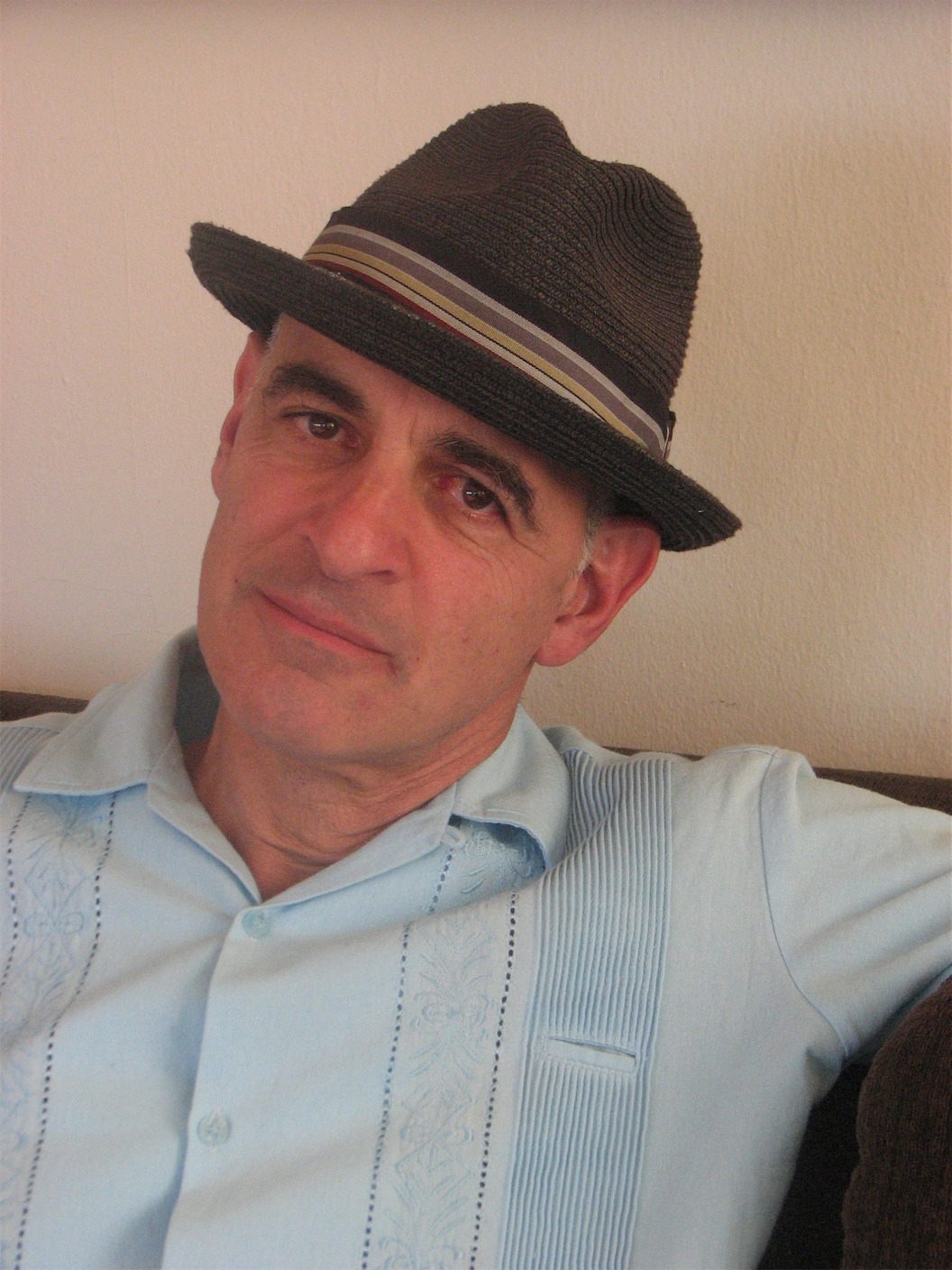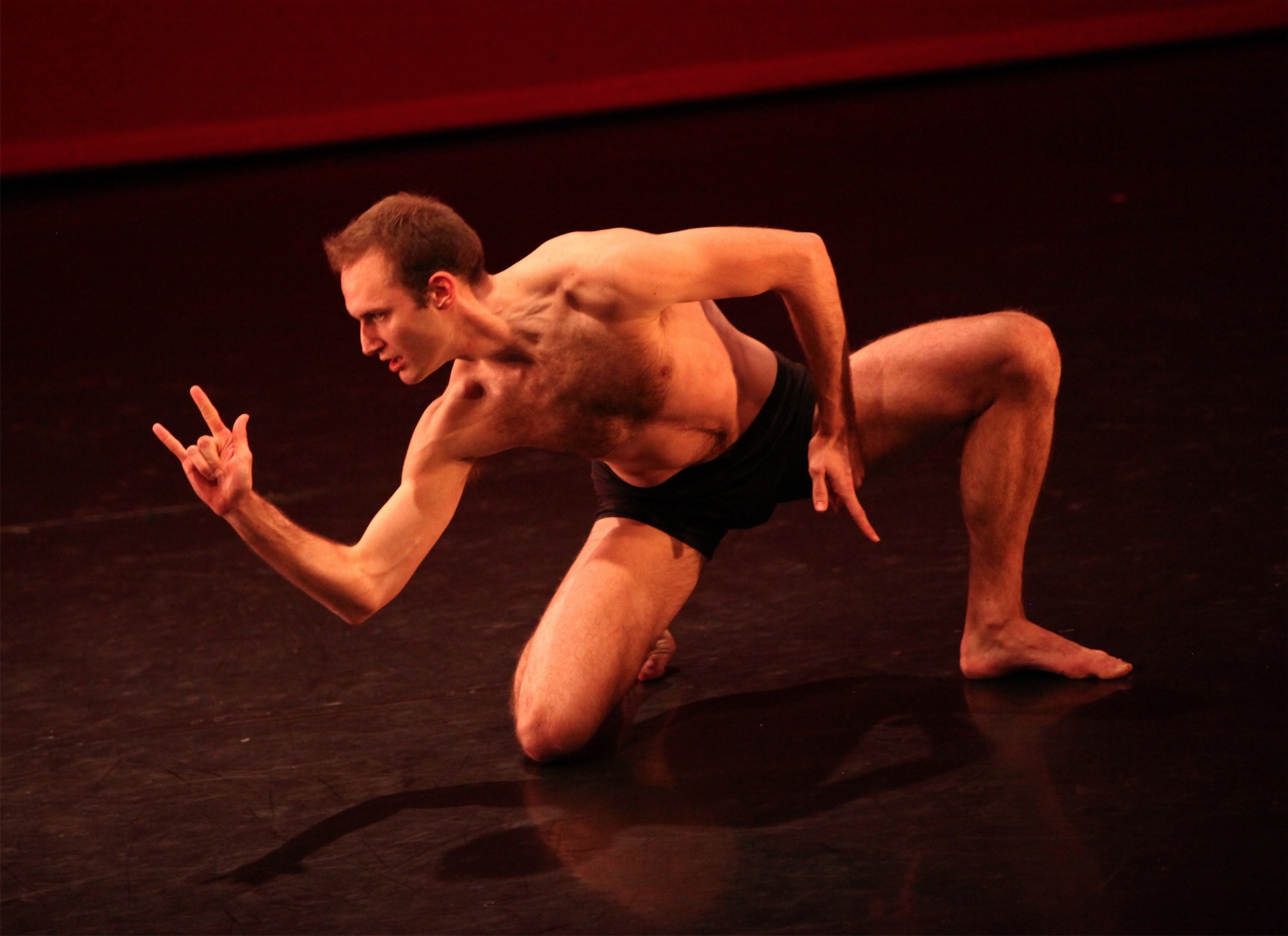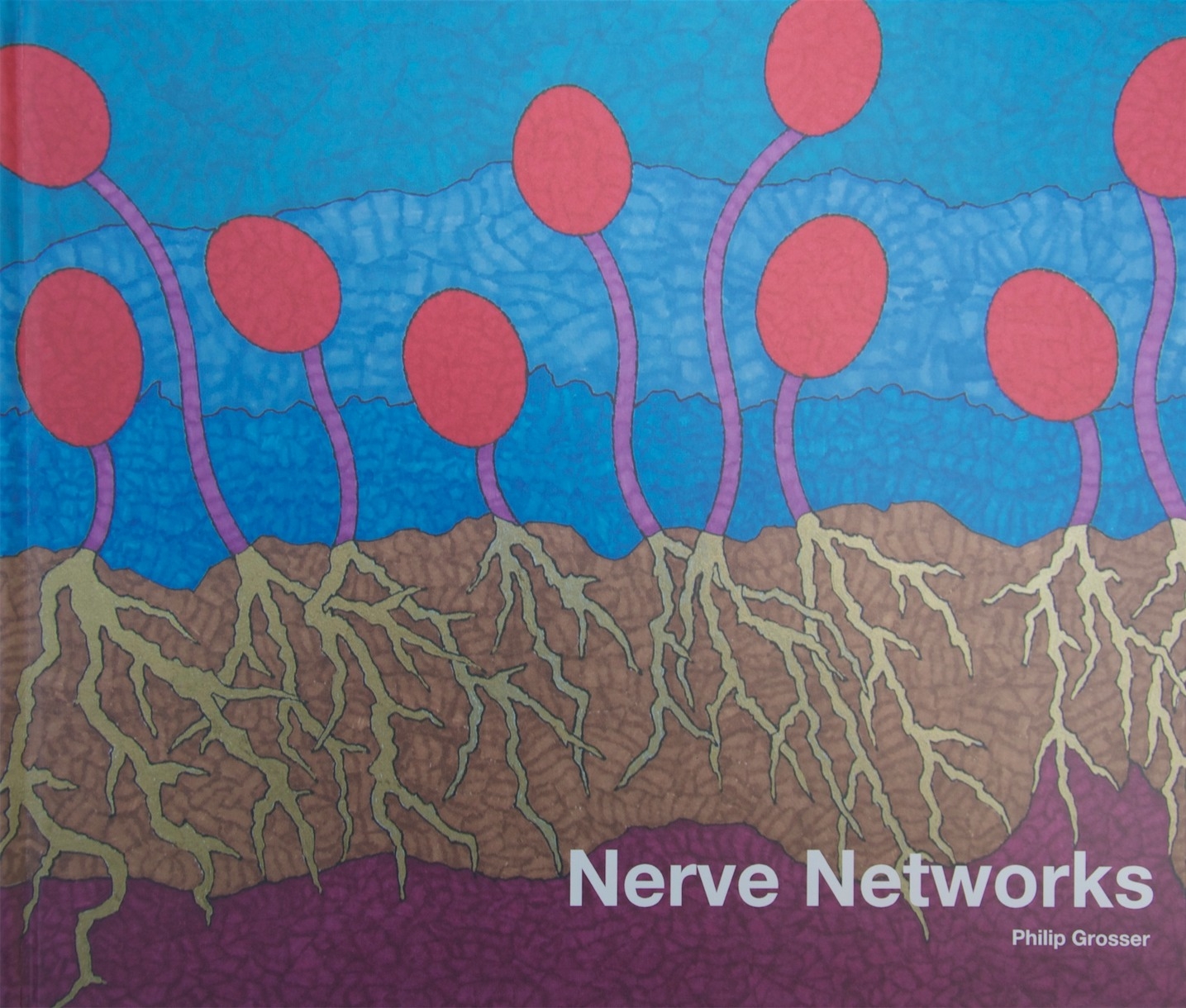Stroke couldn't stop Boyer dance professor from teaching, choreography, drawing
Dance performances Friday and Saturday to celebrate Philip Grosser's long career
Life hasn't been the same for Grosser since. Nearly five years later, he still struggles to read and write. And for a time, he couldn't even speak. But one thing hasn't changed — Philip Grosser, a member of the Dance Department faculty in Temple's Boyer College of Music and Dance for 26 years, is a superb choreographer and teacher.
Audiences will get a chance to see Grosser's choreography at Temple's Conwell Dance Theater on Friday and Saturday evening, Oct. 26-27 at 7:30 p.m., when Boyer presents "A Body of Work: Choreography by Philip Grosser," a sampling of works created both before and after his stroke.
If there's a lesson to be learned from Grosser's stroke, it's that you can't stop a creative mind from creating. Unable to speak after regaining consciousness in the hospital due to a condition called aphasia, a language disorder caused by damage to language centers in the brain, Grosser immediately began to do what he had been doing in Dance Department staff meetings for years — draw. He drew the food he wanted to eat. And he began to draw colorful abstractions inspired by what he thought the damaged nerves in his brain might look like. This fall, a collection of Grosser's drawings created in the years since his stroke, Nerve Networks, has been published.
"I think I've always been a visual person as well as a physical person," Grosser said. "Drawing is pure pleasure for me."
Although the stroke left Grosser's motor skills intact, he no longer dances. With the help of intensive speech therapy with Nadine Martin, Francine Kohen and other faculty and staff at Temple's College of Health Professions and Social Work, Grosser has been able to teach and choreograph again. His speech is now nimble, although he sometimes searches to find the right word. When he needs to read a document, such as an MFA student's final project, someone reads it to him.
To those who knew Grosser's choreography before the stroke, there has been another significant change.
"I'm a little bit more disinhibited than before," Grosser said. "My work is more overtly emotional. It's a little more raw. And it's better."


